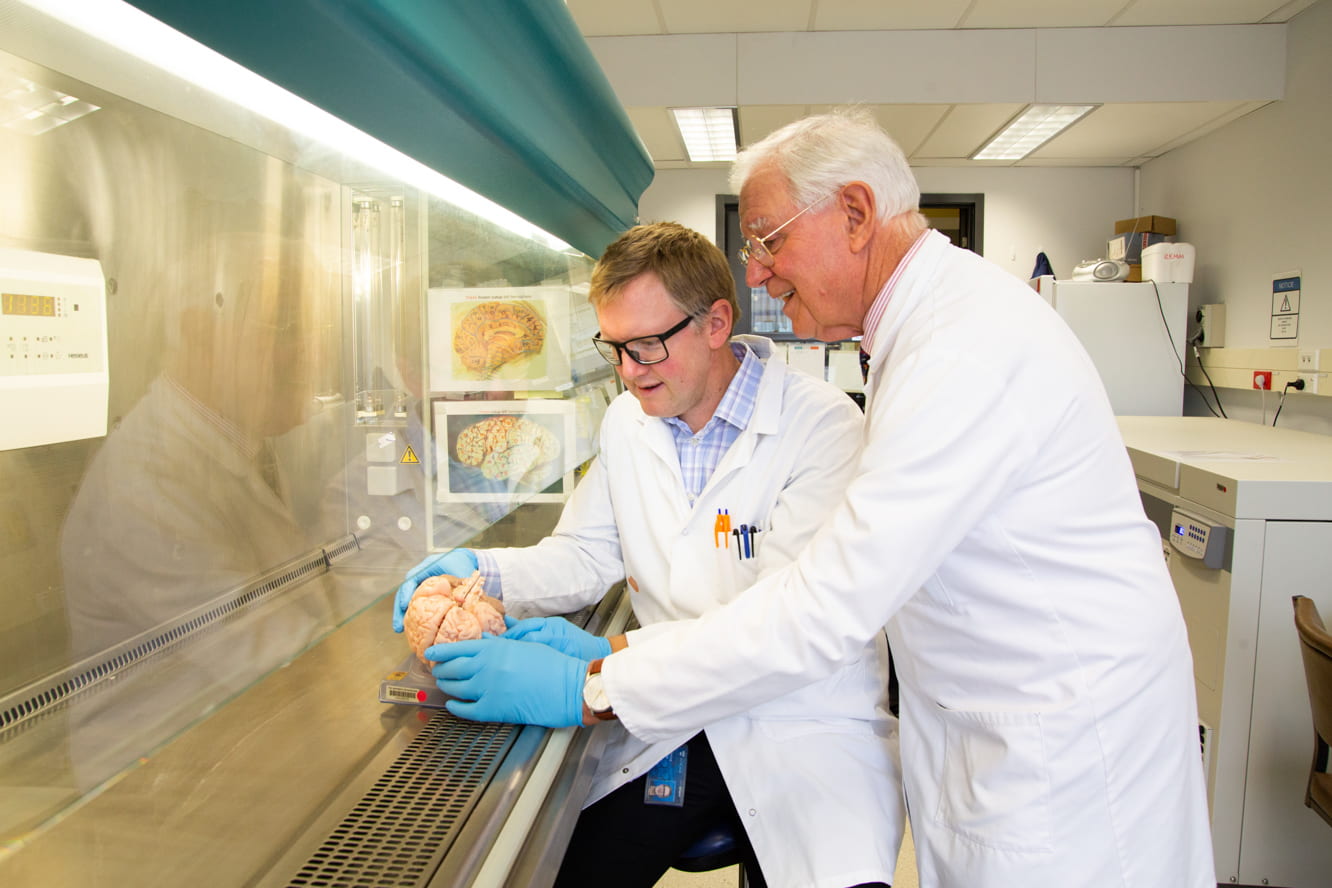Our Purpose

Neurological Foundation Human Brain Bank
The Neurological Foundation Human Brain Bank is a world-class scientific resource that exists to improve our understanding of the brain and to discover better treatments for those with neurological diseases. People with and without neurological diseases generously offer their brain for donation after they die. This brain tissue provides vital clues about neurodegenerative diseases such as Alzheimer’s, Parkinson’s, Huntington’s, epilepsy, motor neurone disease and others. The tissue is made available to researcher both nationally and internationally to advance our understanding of how the brain works and what goes wrong in neurological disease.
The Neurological Foundation Human Brain Bank endeavours to push the frontiers of what is possible with the generous brain donations they receive. This work includes culturing cells from then brain, performing pharmacological assays, genome sequencing and protein analysis studies. Furthermore what sets the brain bank apart is working closely with families and clinicians to gather an understanding of the clinical and personal background of the donor. Working with families to ensure their wishes are carried out when a potential brain donor dies is of utmost importance to us. The brain bank team are fortunate to be guardians of these brain donations, not owners.
How we began: In 1994 the Neurological Foundation granted the University of Auckland funds to purchase a minus 80 degree chest freezer, which became the cornerstone of the only human brain bank in New Zealand.
Since then, with funding from the Neurological Foundation, the human brain bank has grown to encompass a team of six staff and seven freezers with one of the most valuable and extensive collections of human brain tissue in the world. Richard Faull, Founder and Director of the Neurological Foundation Human Brain Bank, had to develop an intricate interplay between doctors, morticians and mortuaries so that brains could be received as soon after death as possible, to ensure tissue would be viable for research purposes.
“We developed a donor package in collaboration with the families who were already helping us. The establishment of our Brain Bank was a true partnership between neurological researchers and the patients’ families. Ideally, brains need to be with us within 2 to 24 hours of death. The family commitment was amazing. They would arrange for nursing homes to call us even before they were notified of a death, to ensure we received the brain as soon as possible.”
After starting with a focus only on Huntington’s disease, the team began working on other neurological conditions, including Alzheimer’s disease, Parkinson’s disease, epilepsy, motor neurone disease and others.
“We were ready to do world-class research that could lead to new treatments for brain disease, while also feeding information back to families that needed answers. This reciprocal relationship put our Brain Bank in a unique situation. Family involvement has been at the core of success for the whole enterprise.”
Contact Us
For emergencies call 111 or visit your nearest hospital
For general inquiries:
+64 9 923 6072 – Mrs Marika Eszes, Brain Bank Manager
At time of death:
+64 21 287 8476 – Professor Maurice Curtis, Co-Director